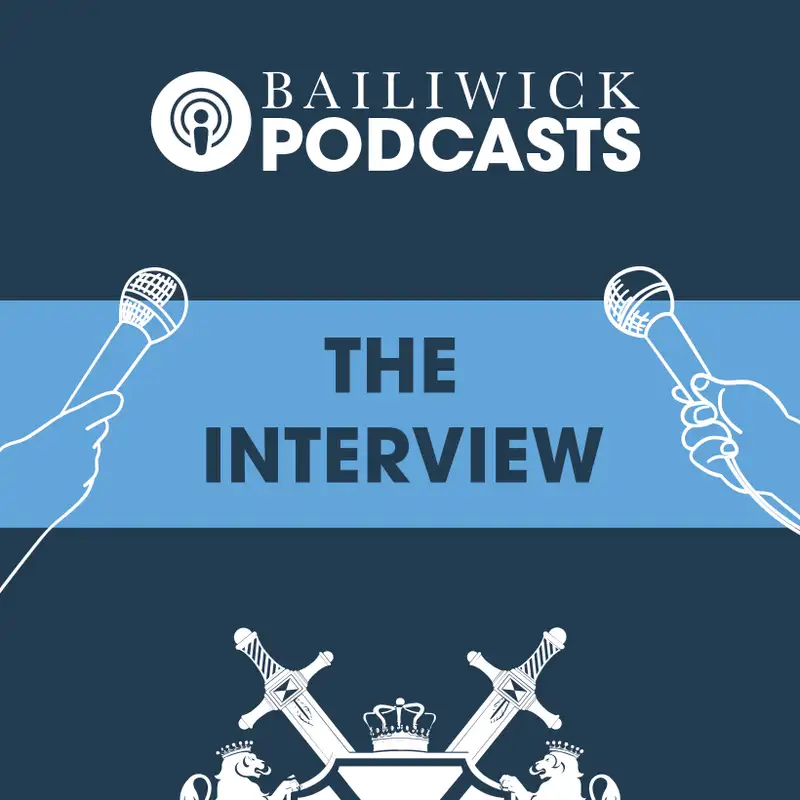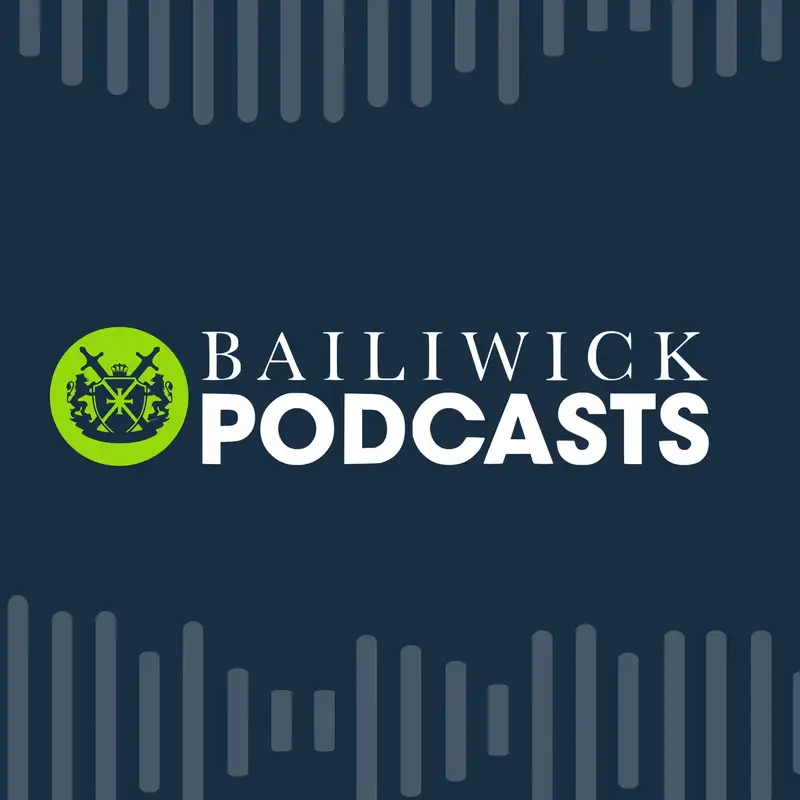The Interview: Officers fear ‘trial by social media’
Those who take on the most difficult jobs often face the most scrutiny, usually because those jobs are for the public service. Teachers, nurses, police officers. If the community pays your wages, you can expect to get grief, and with the advent of social media, it has only become easier to criticise.
It has also become easier to identify, and scrutinise, those instances where power has been used inappropriately.
It has also become easier to identify, and scrutinise, those instances where power has been used inappropriately.
In this climate, it has become harder and harder to pick out the actual problems. Post anything about the police online in recent weeks and the comment section becomes awash with vitriol directed at law enforcement. Is this tidal wave of criticism reflective of a service crippled with corruption or is it the amplification of a handful of issues that are in fact being dealt with? Is it somewhere in the middle?
That’s the problem. If you take social media at face value, it’s hard to know. Upholding the law is essential to a community, and when that trust is eroded, everything looks suspicious.
Police officers are granted powers the general public don’t have. The power to arrest, the power to remove liberty. It's only right that the magnifying glass is held closer over them, but by who? And to what extent?
Express spoke to Guernsey's Head of Law Enforcment, Ruari Hardy, to better understand the criticism the force is currently facing, whether it’s warranted, and what is being done to build public support in one of our most important institutions.
★ Support this podcast ★

